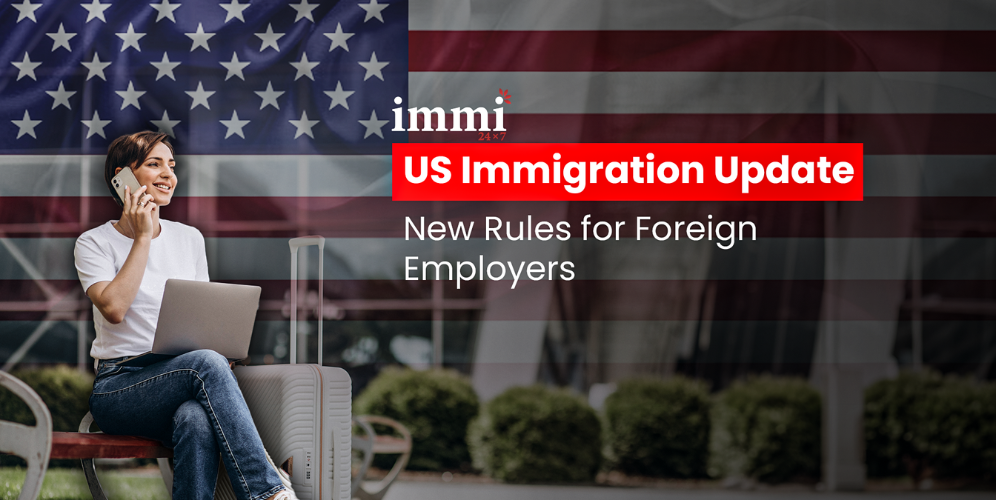
The United States Citizenship and Immigration Services (USCIS) provides an updated immigration policy guidance for foreign employers that defines the forms of evidence that can be used to determine eligibility for an extraordinary ability EB-1 immigrant visa.
The first preference, the EB-1 visa, is an employment-based immigration for foreign employers with extraordinary abilities. In order to become eligible for this visa, you need to have extraordinary abilities in science, arts, education, business, or athletics.
However, your extraordinary abilities must be demonstrated by sustained national or international acclaim, and your achievements have been recognized in the field through extensive documentation.
In addition, you may be eligible for an EB-1 visa if you are a non-citizen with extraordinary abilities and are an outstanding professor, researcher, multinational executive, or manager.
This new policy guidance for EB-1 visa confirms that the USCIS considers a person’s receipt of team awards under the criterion for lesser nationally or internationally recognized prizes or awards for excellence in the field of endeavor.
It also clarifies that the USCIS considers past memberships under the membership criterion. This also removes the language suggesting that published material must demonstrate the value of an individual’s work and contribution to meet the published material criterion. The USCIS will only consider non-artistic exhibitions as part of the properly supported claim of comparable evidence.
This new policy guidance is built on the previous EB-1 visa policy, making it more clear and transparent to assist aspirants in submitting appropriate evidence that may establish the beneficiary’s eligibility.
Moving forward, you can now file a petition on behalf of a person with extraordinary abilities, and it does not need to be supported by a job offer. In short, anyone can file a petition on behalf, including the non-citizen, who can file as a self-petitioner.
However, the person must still demonstrate if he or she is willing to continue work in the area of his or her extraordinary abilities, and their work will substantially benefit the United States in the future.
Comments